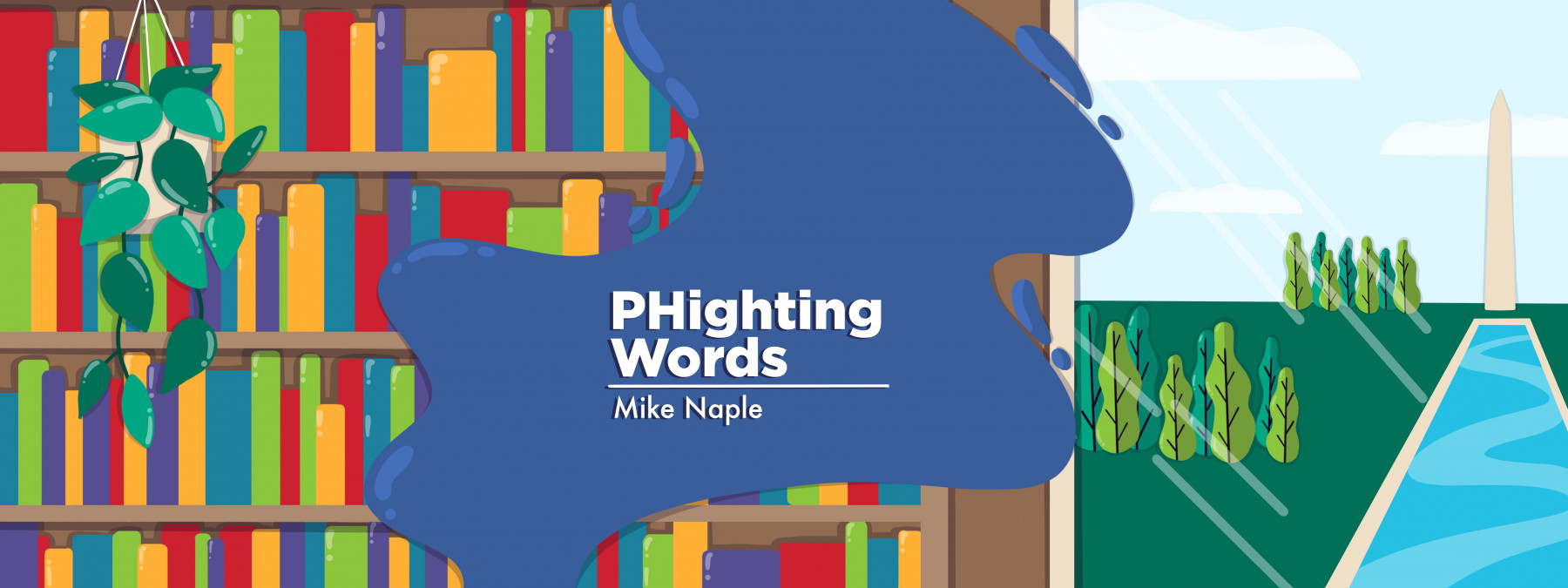3 ways to relax to counter stress and better navigate life with PH
Cooking and reading are two activities that help this columnist
Written by |

Do you have trouble relaxing? That might seem like a silly question given that summer vacations are in full swing. But I’m asking because of my own ongoing quest to better relax as part of my treatment plan for pulmonary hypertension (PH).
Long before my PH diagnosis in 2016, I used to struggle with taking time for myself. I’ve never been good at slowing down or taking vacations. I’ve always wondered if there’s a trait that predisposes someone to be more relaxed and less stressed or if that’s caused by environment and conditioning. Maybe I’m just wound a little too tightly.
You could fill a small library with studies and stories about Americans taking less time off work than citizens of other countries. A Pew Research Center survey this year noted that nearly half of U.S. workers who have paid time off say they typically take less time than their employer offers. About half of those surveyed said they worry they might fall behind if they took more time off. Some 16% said they were concerned that taking additional time off might put their job at risk.
It seems like we’re encouraged to relax in theory rather than in practice. Modern life is filled with many demands, such as juggling multiple jobs, raising children, caring for loved ones, and managing health conditions. Meeting these obligations while maintaining a good balance and retaining our sanity isn’t easy. I’ve made choices that tilt the balance of my life toward work. I regret missing friends’ weddings, family reunions, and other events because of it.
I wrote on this site about trying to unlearn behaviors that contribute more stress or heighten my anxiety. In a society that assigns such high value to productivity, it can be challenging to silence the voices of guilt over taking time to rest and relax. Yet I know it’s crucial that I prioritize my health. PH symptoms like shortness of breath, chest tightness, and fatigue can do a number on my body and my energy levels. It’s a reality I can’t ignore.
Since today is National Relaxation Day, I’ll share three things that help me clear my mind, recover from a hectic day at work, and find respite from the stresses of life with PH.
Follow the recipe
Before I was diagnosed, I’d go running through a nearby park to wind down after a busy day at the office. Since running is no longer viable for me, I’ve swapped the sneakers for a spatula.
When I have the energy, I like to get in the kitchen. Following a recipe that lets me turn ingredients into a tasty dinner allows me to forget the day’s frustrations and stressors.
Some might think that cooking is too active to be relaxing. When I have only so much energy at my disposal, however, it’s important to use it in a way that brings me joy. I choose to be creative in the kitchen because I find calm through culinary exploration.
Get lost in a book
Reading is one of my favorite pastimes. I love to get lost in the prose, plot, and character development of a good novel or learn about the lived experiences of others through memoirs and historical biographies. Books offer a journey to faraway places from the comfort of my balcony couch on a summer day. Reading books helps me take a break from the near-constant barrage of digital screens.
It also cuts down on my multitasking, as it’s easier for me to fold laundry while watching television than while turning pages.
Find an ocean
I grew up in California, where almost any tension could be relieved with a dip in the ocean or a walk on the beach. Spending time outdoors provides a sense of relief and renewal. Beaches are among the top vacation destinations for a reason.
While I don’t get to the beach nearly as much I should these days, reflecting on my memories from times spent at my hometown beach in San Diego offers peace and tranquillity.
How do you unwind? Please share in the comments below and follow me on X (formerly known as Twitter): @mnaple.
Note: Pulmonary Hypertension News is strictly a news and information website about the disease. It does not provide medical advice, diagnosis, or treatment. This content is not intended to be a substitute for professional medical advice, diagnosis, or treatment. Always seek the advice of your physician or other qualified health provider with any questions you may have regarding a medical condition. Never disregard professional medical advice or delay in seeking it because of something you have read on this website. The opinions expressed in this column are not those of Pulmonary Hypertension News or its parent company, Bionews, and are intended to spark discussion about issues pertaining to pulmonary hypertension.





Leave a comment
Fill in the required fields to post. Your email address will not be published.